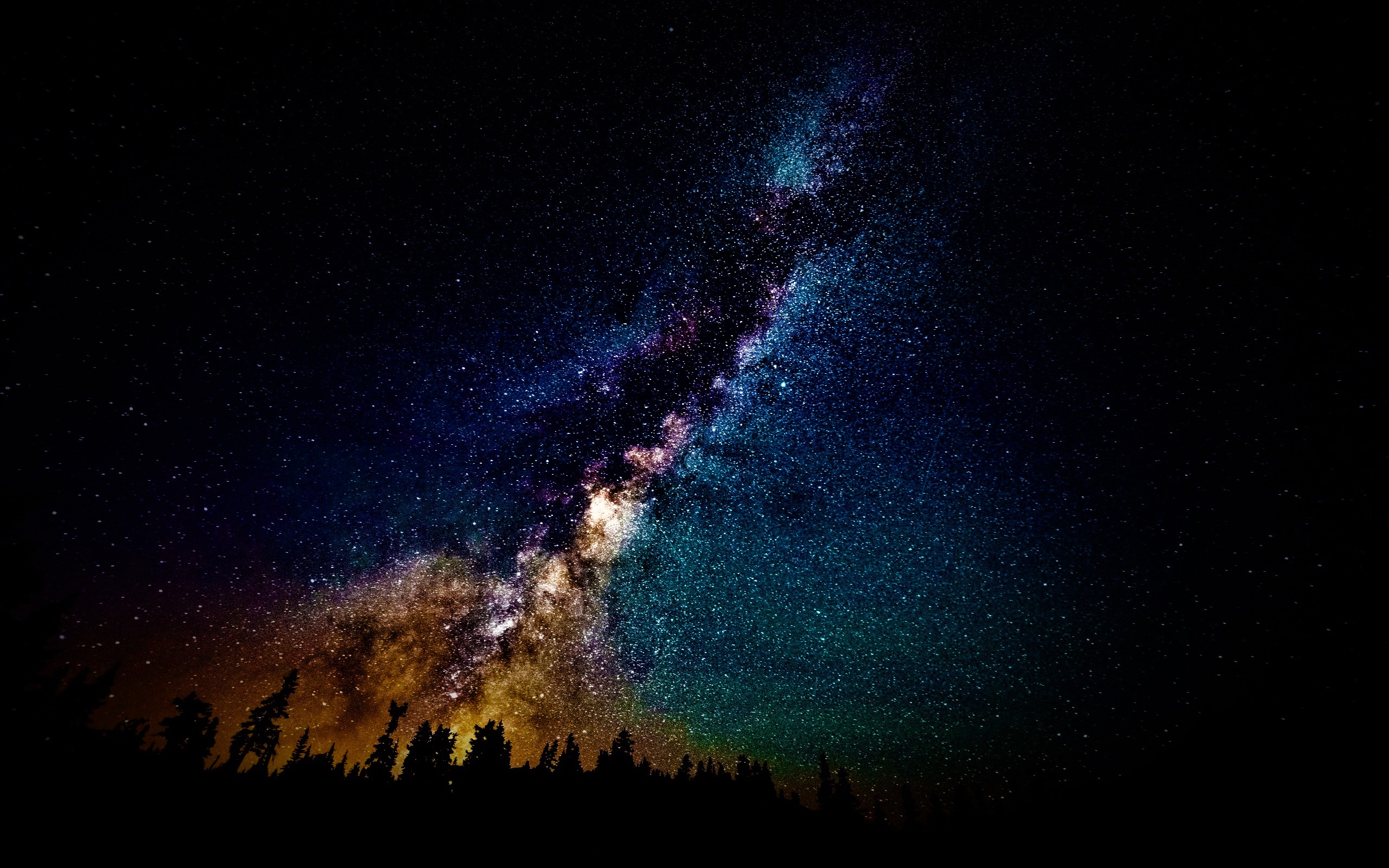
Hi guys! Are you all space enthusiast just like I am? If yes this is the website you should visit. Well, too much website promotion :) , now about me. Well, I am Abhilash Pattnaik. I made this website when I was 12 in May 2019 (yes in the summer holidays!). Man I really like programming! I want to be an astronaut when I grow up for ISRO. I live in Bhopal, Madhya Pradesh in India. I was thinking to make a website since a long time.
HI
I actually really like the intersteller life. Being in a distant or any other planet, say, Mars, would be interesting and also dangerous.
Just think leaving our mother planet for ever just for the sake of our survival. It is actually normal for us to leave our planet as it is a part of evolution. We as organism get smarter and better. This makes us think to know our origin. Evolution gives us anxiety and the will to know more things. Just because of that, we set out and went to explore new lands. In that time we also found that Earth is round! Now we are almost satisfied of our planet to know more but we humans can’t stop here. Now we are concentrating on other planets and trying to be an extraterrestrial life form. Actually it is not like that one day a person got a dream of space and started to know about it. People from prehistoric time saw the night sky thinking from where these white lights came from. New ages came; astronomers were more aware about the celestial objects but it was a starting, most people misunderstood these things as Gods; are they really?!
Actually there are three phases of a civilisation. One of the most famous is Kardashev scale, which shows us the energy consumption of an civilisation and also where they can go.
We humans have been through three phases of colonization. Like earlier, people in ancient period captured different lands, put their flags and left. They never lived there. This was the first phase of civilization.
The second phase consisted of temporary then permanent settlements. Like people made homes and lived there, but in a catastrophe which caused problems to other people forced people to leave that place; like draught or etc. Some survived and some died.
After that in post industrialization people started to live in a permanent settlement. People got jobs, did trading and also earned money.
The same experience we are getting for the space exploration and colonization. Just the difference is now we are not going to kill millions for money and land. We aren’t going to capture land but planets. The first phase started sixty years ago after the Apollo mission in moon. This made us aware about the land and also studied and know about it.
Second phase can start any time now. We need to make an celestial body habitable. Teams of astronaut consisting of scientists and engineers will be sent, who will make small temporary settlements and study about the land. It is estimated that it will cost around 30-40 billion dollars spread out for a decade which is about the same price of the International Space Station. But it’s difficult to bring government’s attention in such long term projects.
But then let’s think we started the colonization.
Before the funding stops and our settlement is left and also the race to third phase stops, it must become self-sufficient, by exporting resources to Earth.
The moment the third phase will start, organizations will start and try to capture it for business and many other things. The first nation or organization to do so will depict the same scenario that happened 500 years ago for the beginning of the second phase.
We still don’t know that when third phase will come. Moreover, there is a blockage between the second phase and third phase. That is the Great filterThe Great Filter, in the context of the Fermi paradox, is whatever prevents non-living matter from undergoing abiogenesis, in time, to expanding lasting life as measured by the Kardashev scale.. This happens when a species gets so intelligent that it itself becomes the reason for its own extinction and its civilization like a nuclear war for us. But let us see on the bright side and imagine that we survive this filter and started the third phase.
See, so interesting! Like this, there are so many reasons.
Font: Induction (for the headers); Palanquin thin and Palanquin semibold (for the content)
Language: HTML, CSS, Java Script
Sources of the defination: Wikipedia
NOTE: The data may change from time to time and also can be shown different in some sources but not on very big maagnitude.